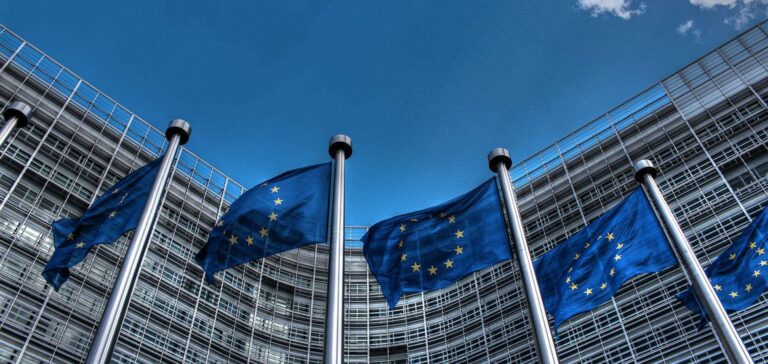The European Union has announced the start of an anti-dumping investigation into imports of Chinese biodiesel. This decision follows a complaint from the European Biodiesel Board (EBB) producers’ group, claiming that these imports enter the EU at artificially low prices, seriously harming the local industry.
Context and implications of the survey
The investigation will cover the period from October 2022 to September 2023 and could last up to 14 months, with the possibility of imposing provisional duties within eight months. This initiative follows similar investigations into Indonesian biodiesel, suspected of circumventing EU duties via China and Great Britain.
Impact on European industry
According to the EBB, Chinese imports in 2023 have led to a collapse in the market and the closure of production sites in several member states. The survey will also examine structural imbalances in biodiesel trade with China.
Biodiesel in the Context of Alternative Energies
Biodiesel, promoted as an alternative fuel for reducing carbon emissions in transport, is at the heart of regular trade disputes. The EU’s €31 billion-a-year industry has already faced similar disputes with other trading partners.
The EU investigation into Chinese biodiesel dumping highlights the challenges of international trade in the renewable energy sector, reflecting the tension between protecting local industry and environmental commitments.






















